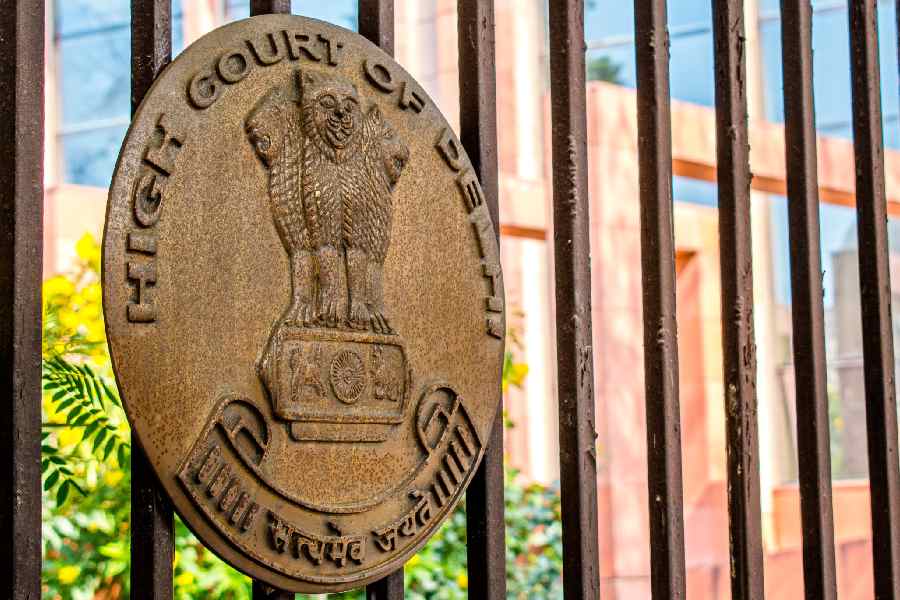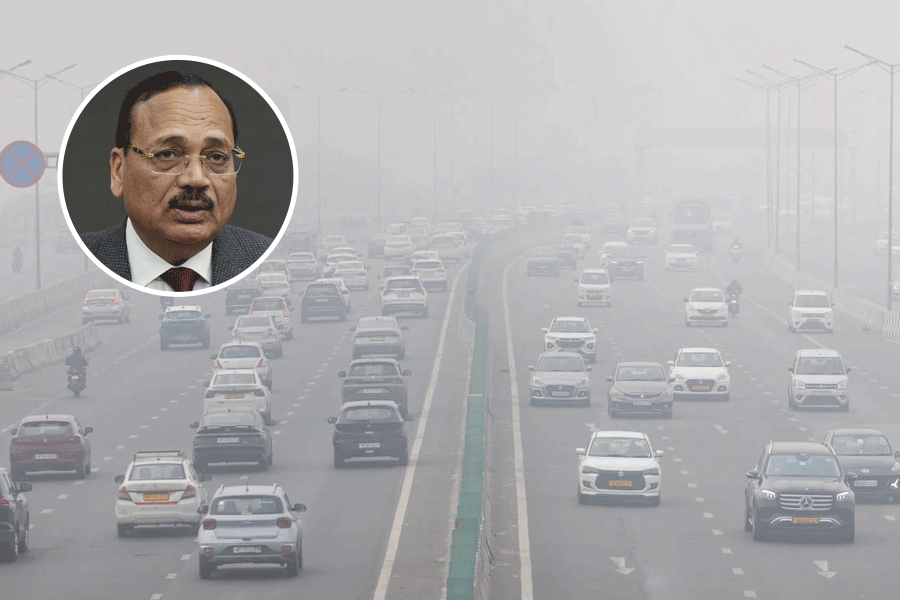The Delhi High Court has dismissed a plea against the demolition of a slum in Okhla dhobi ghat area, saying it was illegal and posed a significant threat to the ecologically sensitive River Yamuna floodplain.
Justice Dharmesh Sharma, while dealing with the petition by "Dhobi Ghat Jhuggi Adhikar Manch", said the "so-called members" of the petitioner were not entitled to any compensation or rehabilitation as they were "rank tress-passers" who repeatedly returned to the site, which was acquired by DDA for developing a biodiversity park.
"Since the subject site was acquired by the DDA for the channelisation and protection of the River Yamuna, the removal of the petitioner union from the subject site serves the greater public interest," the court said.
The court referred to the Delhi Urban Shelter Improvement Board (DUSIB) Act, 2010, and a 2015 Policy, observing not every slum dweller or JJ Basti was automatically entitled to alternate housing.
"The JJ Basti in question is not part of the 675 notified JJ Bastis listed by DUSIB, further establishing that the residents of the petitioner union are occupying the area illegally," the court said in its verdict on March 3.
The encroachment in the area, the court said, disrupted the natural flow of water and according to experts, recurring floods in Delhi were primarily driven by such unlawful settlements on drains and the riverbed.
Dismissing the plea, it saddled the petitioner with Rs 10,000 costs.
The plea claimed the dhobi ghat jhuggi cluster existed since the 1990s but on September 23, 2020, the police asked its residents to vacate their shelters owing to a proposed demolition the following day.
The petitioner claimed not being served a prior eviction notice and said given that the demolition was carried out in the name of environmental concerns, the DDA failed to provide any temporary shelter or proper housing to the residents.
The court questioned the locus standi (right to bring action) of the petitioner union to file the petition and observed admittedly, on multiple occasions, some members returned, reoccupied, and continued to live on the contentious area even after their eviction.
"In summary, there can be no iota of doubt that the petitioner union, being rank tress-passers and unlawfully occupying a portion of the subject site, is causing immense harm and pollution to the River Yamuna, as exemplified from the photographs placed on the record," it added.
The court expressed "no hesitation" in holding that the union had no locus standi to file the case and espouse the cause of unknown persons without even specifying the exact area, size, or location of their plots.
"The petitioner union has failed to demonstrate any legal right, title, or interest of its member in the subject site. At the cost of repetition, the subject site is not even capable of being inhabited," the court held.
Except for the headline, this story has not been edited by The Telegraph Online staff and has been published from a syndicated feed.











